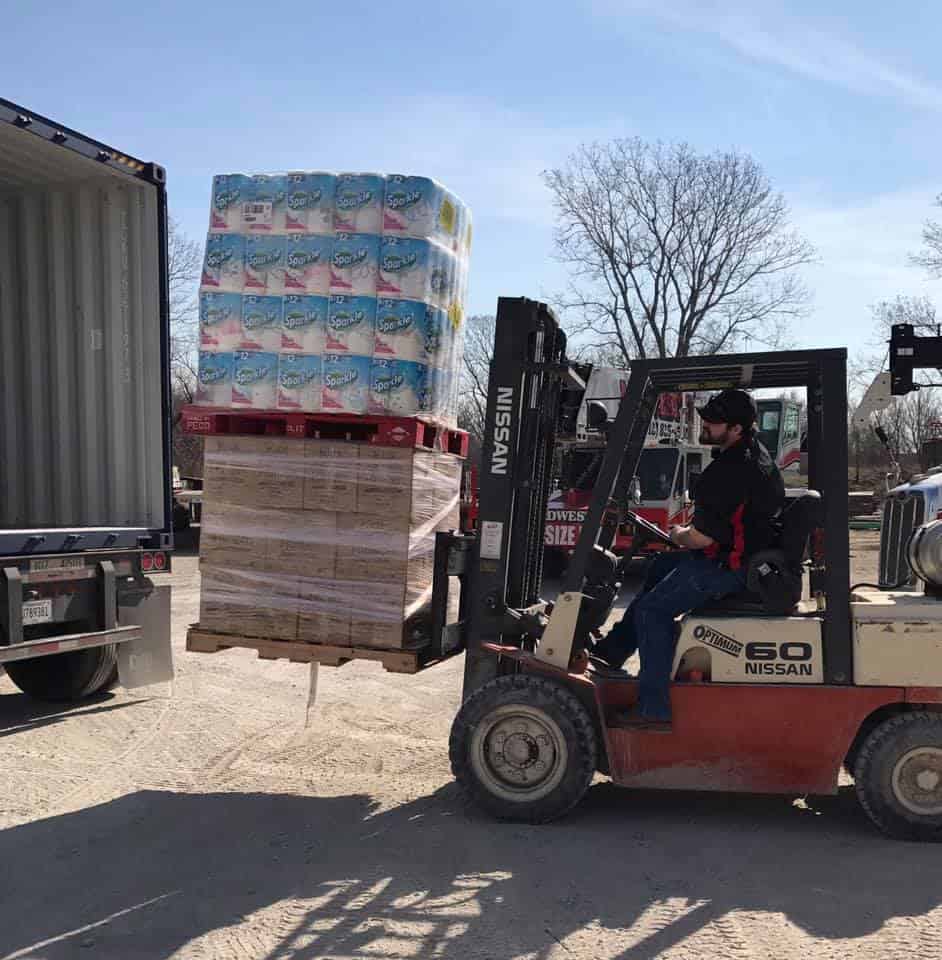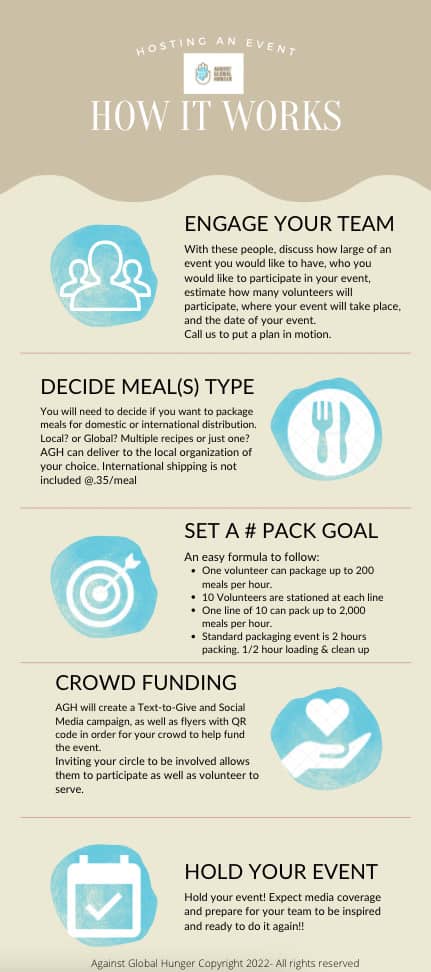
Hunger impacts over 800 million people in the world, and it is only getting worse. Hunger causes many harms in our society, from medical to sociological problems. But what causes hunger, and why can’t we put an end to it despite having enough food produced to feed everyone?
The answer to this question will give us the answer to the broader question, what is the leading cause of hunger in the world? It is important to remember, however, that there is no single cause for hunger. It is a complex problem, one that has defied all attempts to solve.
The Elephant in the Room
The leading cause of hunger isn’t difficult to figure out. Poverty and hunger go together like cold and shivering. In areas of the world where people are poor, you will always find someone that is going hungry. This is true of developing countries, failed states, and even superpowers like the United States of America.
Impoverished areas are at higher risk for hunger because they often don’t have established infrastructure or distribution capabilities. This means that even if you can get food to those areas, it isn’t something that is easy or repeatable without great effort. This helps to thwart efforts to alleviate the suffering.
Another issue with poverty is that areas that don’t have a lot of money don’t offer incentives to companies. A company isn’t going to set up an operation somewhere that can’t provide or generate a profit for them. A company exists to make a profit, and poor areas can’t accommodate that goal.
It is important to note some companies do help feed the poor, but this is rarely a systemic solution. The cost to build up infrastructure, provide local growing solutions, and other systemic enhancements are simply too great for most corporations to try and tackle.
Food Shortages
In spite of the amount of food grown, that food isn’t evenly distributed around the world. For many developing countries, entire regions rely on what they can grow for themselves. The issue here is that a drought, plant disease, or even human error can produce devastating famines.
Food shortages are often events that can be predicted. In many cases, governments will offer aid to areas where a food shortage is in the process of happening. This may alleviate the immediate problem of hunger, but addressing the root cause of the food shortage is often beyond their capability.
A great example of this is the potato famine in Ireland during the early to the mid-19th century. A blight, or plant disease, wiped out large amounts of the crops that the Irish farmers had planted. While support from local and world governments poured in, it was not enough to prevent the almost one-million deaths that occurred.
Direct Human Activity
As horrible as it is, we are often our own worst enemies when it comes to solving hunger. A driving cause of food insecurity in the world at this moment is the Ukraine conflict. Ukraine was one of the largest exporters of grain and other staple crops to developing countries around the world.
When the war with Russia broke out, those shipments stopped being made. Military and political necessities meant that a deal was reached, but the overall export of grain was already severely hampered. This put millions at risk for starvation, effectively overnight.
There are other direct human causes for hunger, such as water management. When a country upstream from another decides to dam a river, for instance. This can lead to incredible issues for those who live downstream, and it can result in food shortages, food insecurity, and starvation.
Other Leading Causes of Hunger
One of the biggest and growing causes of food insecurity and hunger is climate change. Entire regions that were once able to produce large crops have been subjected to long-lasting droughts. In some places, this can be compensated for with irrigation, but that requires a lot of money, time, and infrastructure.
Food waste can also be a big problem. During the lockdown phase of the pandemic, a lot of people were horrified to see farmers and ranchers destroying crops and culling herds. The reason they do this is for survival, as the lowered cost of their products can drive them out of business.
What Can We Do?
While we can’t single-handedly change the way governments and corporations do business, we can do our part. You can donate or volunteer to assist an organization that is fighting against the scourge of global hunger. Organizations like Against Global Hunger help leverage the time and money of normal people to make a major impact.
There will always be conflict, and climate change is inevitable now, but we can do our part to help those who are suffering.

